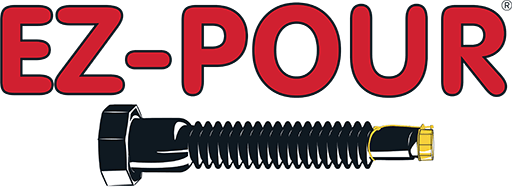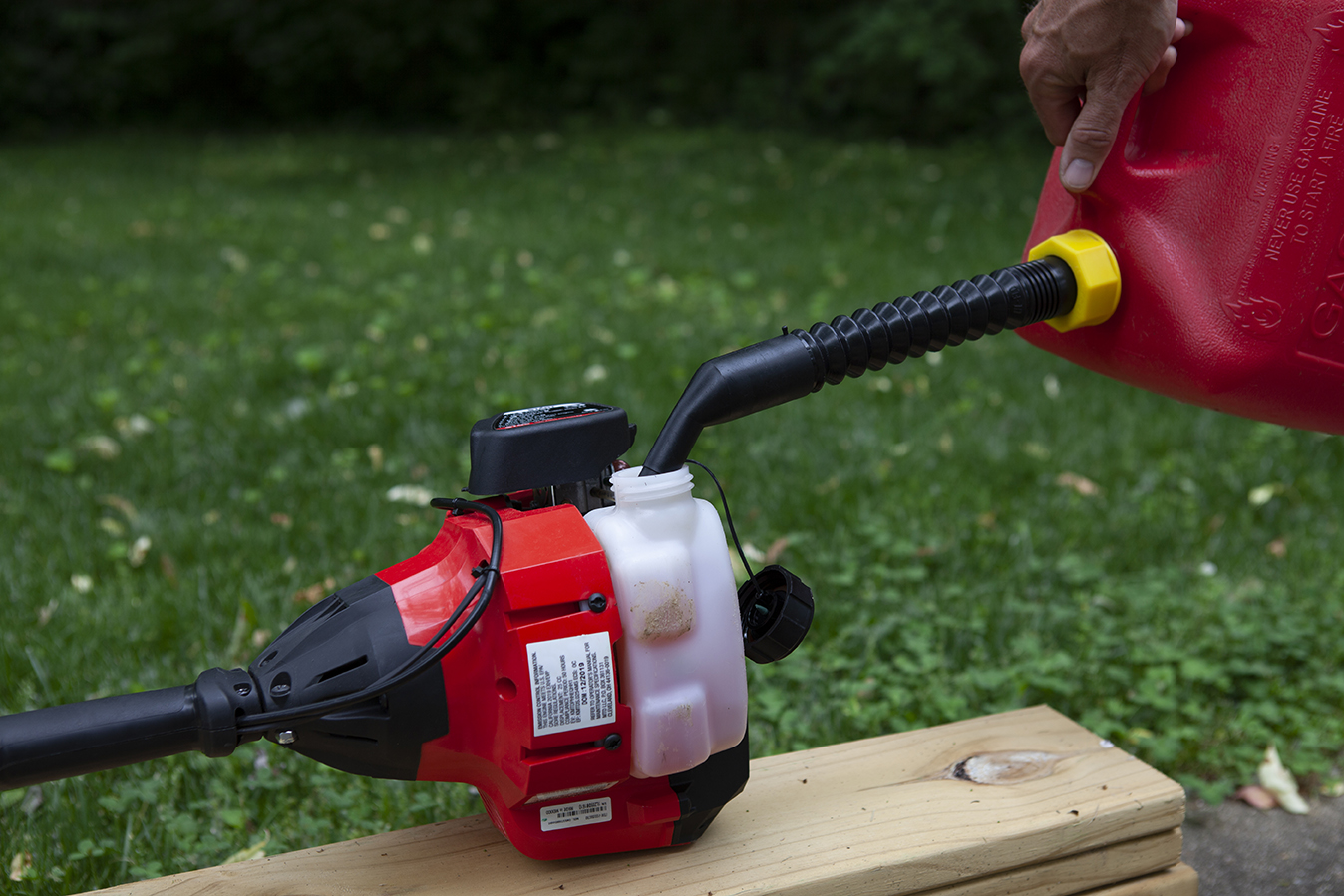There are many misconceptions when it comes to using gasoline with ethanol, from it causing corrosion, to it causing damage to the small engine’s carburetor. The fact is there are a lot of people who don’t understand ethanol-blended fuel. In this article, we’ll be discussing the myths, facts, and functions of ethanol-blended fuel to find out if it’s bad for your small engine.
Ethanol 10 Fuel Explained
It’s important to understand that most regular, unleaded fuel sold in the United States contains 10% ethanol. This fuel blend goes by E10. By blending ethanol with the fuel supply, we improve our air quality and lower our dependence on foreign oil.
Ethanol 10 Fuel and Corrosion
One common belief among small engine users, is that ethanol causes corrosion within the engine. However, highly aromatic additives (e.g., benzene) in straight, unleaded gasoline, are actually more corrosive than ethanol.
In general, E10 blends are considered non-corrosive and should not accelerate wear in engines from 1995 or later. That is why all small engine manufacturers in the United States approve the use of E10 in their equipment.
Ethanol 10 Fuel and Water Separation
Another common misconception is that E10 fuel attracts more water than straight, unleaded gasoline, causing water separation. Water separation occurs when so much water mixes with the fuel that the water separates from the fuel and pools at the bottom of its container, potentially causing rust and harming the engine. Luckily, ethanol-mixed fuel can absorb more water than straight, unleaded gasoline before it separates, so much so, that water separation is near impossible with E10 fuel. Water absorption is an issue regardless of fuel type, but water separation is more likely to occur with straight, unleaded gasoline.
Potential Drawbacks of Ethanol 10 Fuel
According to Oklahoma State University, for old, small engines, “neglected fuel systems may begin to precipitate old deposits at a greater rate than normal and clog fuel filters and small passageways.” While ethanol blends may increase the rate deposits, it’s important to remember this same problem will also be seen when using straight, unleaded gasoline. Regardless of fuel type, you should regularly check your old fuel system.
Ethanol 10 Fuel Shelf Life
There are many arguments about the shelf life of E10, however, most manufacturers recommend storing fuel for no longer than 30-60 days unless you add a fuel stabilizer to the fuel mixture. It’s pertinent to remember that you should also seal fuel containers properly to improve longevity. Look at the EZ-POUR® solid base caps to find the right solution for your fuel container.
The Verdict
Ethanol is not bad for small engines, as long as you keep it to E10—nothing higher than that! E10 specifically is the type of ethanol fuel that is approved by all modern small engine manufacturers. If you have an up-to-date machine, there’s no need to splurge on expensive, premium gas (Remember, your small engine is powering a lawnmower or snowblower, not a sports car!). In fact, it’s even proven in some cases that using straight, unleaded gasoline as opposed to E10 can cause more harm than good.
Protecting Your Small Engine Equipment
While the debate on the use of ethanol fuel for small engines is an ongoing one, one thing remains certain, the best preventive measures you can take in maintaining the longevity of your small-engine equipment is to store it properly. Small-engine equipment tends to have a vent, so you don’t want to store your equipment somewhere wet or damp, or you risk water damage. You’ll also want to find a spot as temperature controlled as possible.
If you are interested in using fuel stabilizers, it’s best to check with the manufacturers about which additive you should use. If you believe your engine issues are stemming from ethanol, make sure whatever fuel stabilizer you use is alcohol free.
Finally, don’t forget to drain the fuel from your small engine before storing it if you are not going to use your equipment for more than 60 days.
Fill Up Your Small Engine Using an EZ-POUR® Spout
EZ-POUR® is here for all your fuel needs. Need a new replacement spout for an old gas can? We have you covered! Shop our spouts and adapters today. Not sure what you need? Don’t worry. We have an application chart that tells just what you need for your gas can! Check us out today at https://www.ezpourspout.com.

